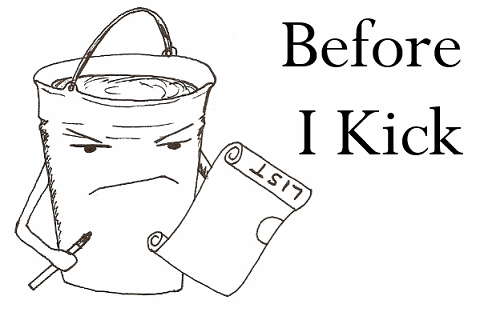List Item: Read 100 of the greatest works of fiction
Progress: 66/100 Title: The Wind in the Willows
Title: The Wind in the Willows
Author: Kenneth Grahame
Year: 1908
Country: UK
The Wind in the Willows is the first book that I have read completely at home in ten years. Ever since then there’s been a commute or a plane journey – instead of what this strange new normal of forever being in the flat and commuting across the living room to the dining table. As someone who has seen numerous adaptations (including the pretty pants Disney one) this is a story I know well, so chose the book to lift the spirits.
What I find the most interesting about The Wind in the Willows, being a children’s book, is how there two very different speeds and types of genre at play. On the one hand you have the quick-paced story around Toad and his shenanigans around stealing card and escaping prison dressed as a washer-woman. On the other, a slower paced tale of life on the riverbank where we see how Rat and Mole live together and interact with their environs and their good friend badger. This latter slower section deals more in mysticism and features a relationship that feels so much like queer romance disguised as two animals… well you can see which half I have always been drawn to.
Honestly, even as a child watching adaptations – the animated one with Michael Palin and Rik Mayall – I was always more of a fan of the Mole/Rat sections. Toad, on the other hand, just irritated me and this is even more apparent when reading the book. At least in the different adaptations you don’t read Toad’s innermost thoughts, in the book you do and he is absolutely awful! I guess this shows the power of a “lovable” rogue for most people, but I just wanted him to suffer a bit more. I know he kinda comes good in the end – but his sections were so far and away from the thoughtful chapters with Rat and Mole that I adored.
It’s at times like this where I wish there were more of these sorts of books on the horizon for me in the books list. Everything else on the horizon feels so heavy and that’s not exactly the right kind of material for me right now…









